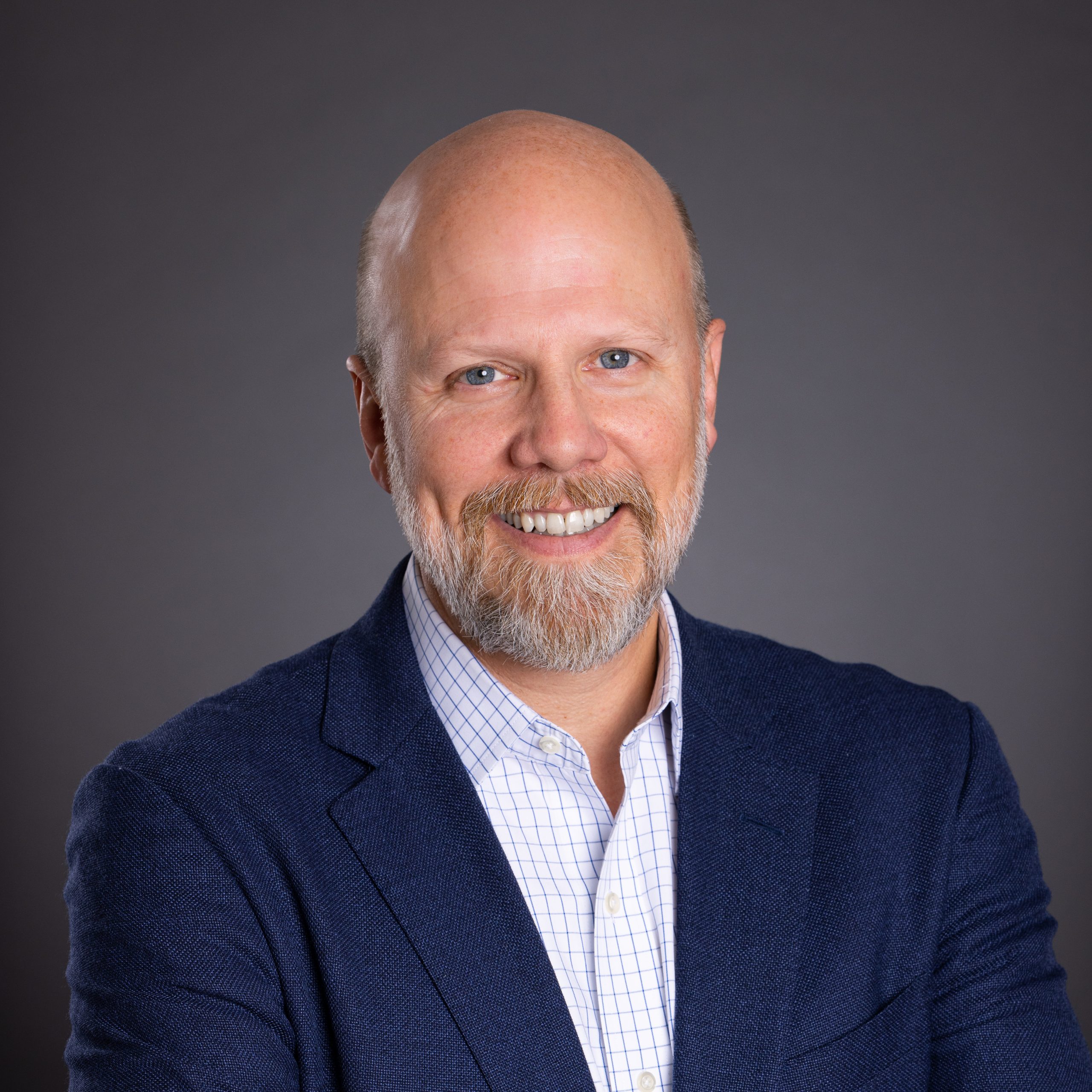There is a place for government. Given what I know about regulatory overreach, and budgetary waste, fraud and abuse, however, I don’t particularly enjoy making that statement. Yet, the Constitution, and classical liberal political theory, outlines the reasons for government’s appropriate role in society.
That same Constitution and political theory, however, restricts that role to be limited — despite politicians’ and many voters’ best efforts to the contrary. What’s more, as far as philanthropy is concerned, it is largely the domain of neighbors to help one another when times get tough and the job of the government to get out of the way to let people do exactly that (which, in some cases, means enforcing property rights, personal privacy, and reducing regulatory barriers).
Charitable Tax Deduction Reflection of Neighborly Duty, Not Taxable Property
That’s why the charitable tax deduction is unique — it’s an acknowledgement that individual Americans, not government bureaucrats — are best equipped and, in fact, the ones morally responsible for helping those around them. Money, time, or possessions that citizens “give away” in helping their fellow citizens is not considered personal property to be taxed (more importantly, it is also not considered property of the government).
It’s why in the Old Testament people were told “not [to] harvest the grain along the edges” of their field but, instead, to leave grain along the edges for the poor — and for those traveling through — to harvest. It meant people pulling out of their own pockets to give to the poor, not a redistribution scheme the authorities imposed on them.
A tax levied for purposes outside of what’s constitutionally prescribed, as Frederic Bastiat discusses in ”The Law” is nothing more than “legal plunder” — it is a misappropriation of funds, and tapping into such misappropriated funds is, at best, unethical and, at worst, morally reprehensible.
Two Qualifications for Grantee Approval
It’s why DonorsTrust approves grants to charities on the condition that the charities in question are funded primarily by non-governmental entities and do not actively advocate to expand the size and scope of government.
Charities that apply for and rely on public funding must devote staff resources to address the regulatory strings that accompany all government grants. In some cases, these strings may conflict directly with the charity’s mission.
Furthermore, much like a dog chasing its tail, charities that rely on public funding must continually chase down the shiny object of public dollars, leaving a charity vulnerable to the shifting winds of political actors and competing priorities. Charitable organizations that rely on government support risk becoming a mere extension of government itself, thus destroying the robust Tocquevillian source of U.S. philanthropic strength.
Nonprofits That Don’t Accept Government Dollars
The majority of charities we work with — especially in the religious and higher-education spaces — refuse to accept government dollars: the University of Austin, Hillsdale College, and Ralston College, to name a few. Not a single one of these institutions accepts government money, directly or indirectly. Their mission — to pursue truth and academic inquiry — is too precious to put on the altar of government funding.
We want our givers to do good in their neighborhoods and in the world at large, and we want them to have the freedom to decide when, where, and to whom they give. We honor the fact that U.S. citizens give at a rate and an amount that leaves the rest of the world behind. But we also want the vast network of U.S. charitable organizations to internalize the importance of their membership as the most important, influential, and necessary source of power this country has to offer. Seeking public funding jeopardizes this. Independence always trumps dependence.
Author
-

Since 2015, Lawson Bader serves as president and CEO of DonorsTrust and Donors Capital Fund. Before coming to DonorsTrust, he amassed twenty years’ experience leading free-market research and advocacy groups including the Competitive Enterprise Institute and the Mercatus Center at George Mason University. He began his career in DC in as special assistant at the U.S. Senate Committee on Veterans Affairs, then worked as a legislative analyst/paralegal with Pierson, Semmes & Finley, and managed government relations at SRI International. He is a former weekly columnist with Human Events, and a current contributor to Kiplinger and member of the Forbes Nonprofit Council. He also serves on the governing boards of the Atlas Network, State Policy Network, and Oakseed Ministries International. Lawson earned a BA in political science from Wheaton College (IL) and an MA in public policy from The Johns Hopkins University.
View all posts


